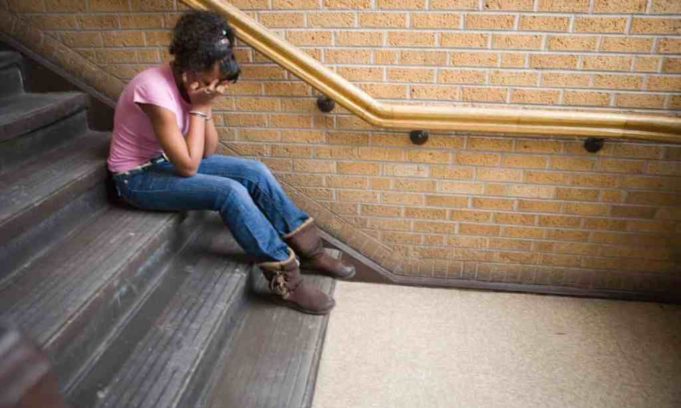For those of us accustomed to working with computers — laptops, desktops, tablets, and/or smartphones — we have heard the dreaded words, “You need to do a hard reset!” This phrase speaks to the fact that everything you have tried to repair a challenging problem on your device has failed to work. Many of us have seen a frozen screen or the “icon of death” that suggests the device has failed.
For lesser problems, you may be able to do a “soft reset.” Indeed, just the other evening I was having a problem with my iPad. Although most of my applications were working correctly, I was not able to hear any sound via my headset. After trying various headsets I determined the problem was in the tablet itself, not the headphones. I sought out some online support and was advised to do a soft reset. The soft reset would return a number of my applications to their original settings without losing my data—photos, contacts, saved emails, etc. I followed the directions and was able to get the sound to work. However, if I had to do a hard reset I would turn my tablet into a device that was like it was when it first left the factory. My previous data would be gone. I would need to start from the beginning.
The situation we are in the midst of COVID-19 (the novel coronavirus) pandemic calls for a hard reset. Far too many people keep talking about how to “get back” or “return to normal” without understanding there can be no return to normal with the level of devastation this virus has wreaked upon the world and particularly Black people. As a people with less resources and the least able to work remotely, we find ourselves deemed “essential” in jobs like public transportation, sanitation, grocery and pharmacy store clerks, and health care workers. We are also a group of people with less access to quality health care and are likely to be treated unfairly by the health care system. Because of this limited access to health care and other financial resources Black people have accumulated a number of underlying health challenges — hypertension, diabetes, heart disease, and cancer — that place them at greater risk for contracting COVID-19 and dying from it.
The pandemic has forced a drastic change in our lifestyles. Those who can, work from home. Our children are unable to attend school. Many of our churches are closed. Yet, there are calls for returning to what we had before this disaster. This is not possible. Millions of people have lost their jobs. Students without computing capacity and access to wi-fi have been unable to keep up with school work. Schools have been unable to offer full-service instruction and lurking just beneath the surface of all of this trauma is a giant, ticking, mental health bomb. Just “opening the economy” will not restore businesses that have gone bankrupt and filed for bankruptcy with the help of a bankruptcy lawyer. It will not replace bank accounts that have dried up. It will not fix homelessness. It will not fix food insecurity. The stimulus checks reflect emergency money but do not put people on secure footing. Our children have seen death without proper closing rituals. They have seen sickness without comfort. They have suffered abuse without help from caring adults. We need a hard reset.
A hard reset for this society means we have to first and foremost forgive all debt that has accumulated during the pandemic. Debt that continued during the pandemic (e.g. inability to pay student loans, car loans, mortgage debt, credit card debt, etc.) must be forgiven. Next, in the world of education, a hard reset means we do not penalize students for conditions beyond their control. We must ignore the test scores and grades coming out of the pandemic. We ALL need a clean slate and a fresh start.
There is no “going back.” There is only “going forward” and we need to go forward with as much equity and justice as we can muster. We do not need to try to test our way to equity or penalize people for the devastation that was visited upon them. We can learn lessons from school recovery in post-World War II Japan or Europe. How did these education systems start again? I am sure they did not worry about what page their students left off on before bombs were dropped that totally destroyed their lives. The first order of business was to help children and their families heal.
A hard reset means we have to re-think what we ought to teach as well as how to teach. A hard reset means we cannot see teachers as essential workers only in the midst of a pandemic. We now realize their work is essential to the everyday well-being of our children. We know that without a viable public health system we will be vulnerable to the next global pandemic (and there will be a next one). We know that people need to earn a living wage to avoid catastrophic loss.
We cannot patchwork our way to post-pandemic life. We have to have a hard reset.




























